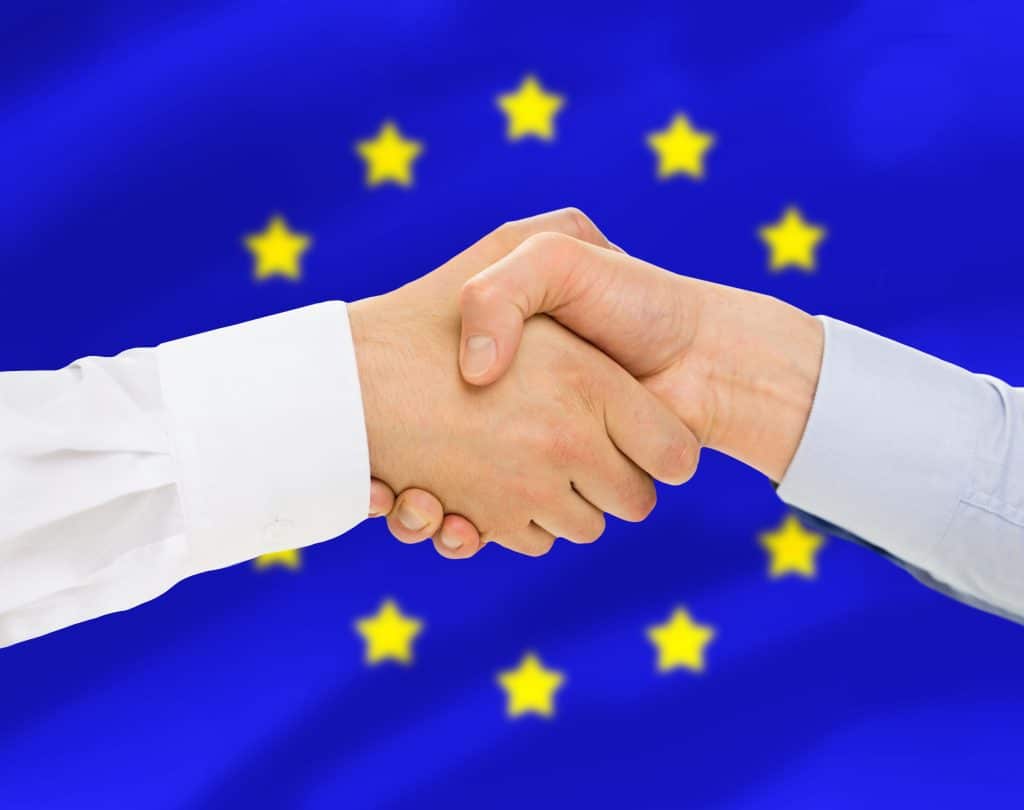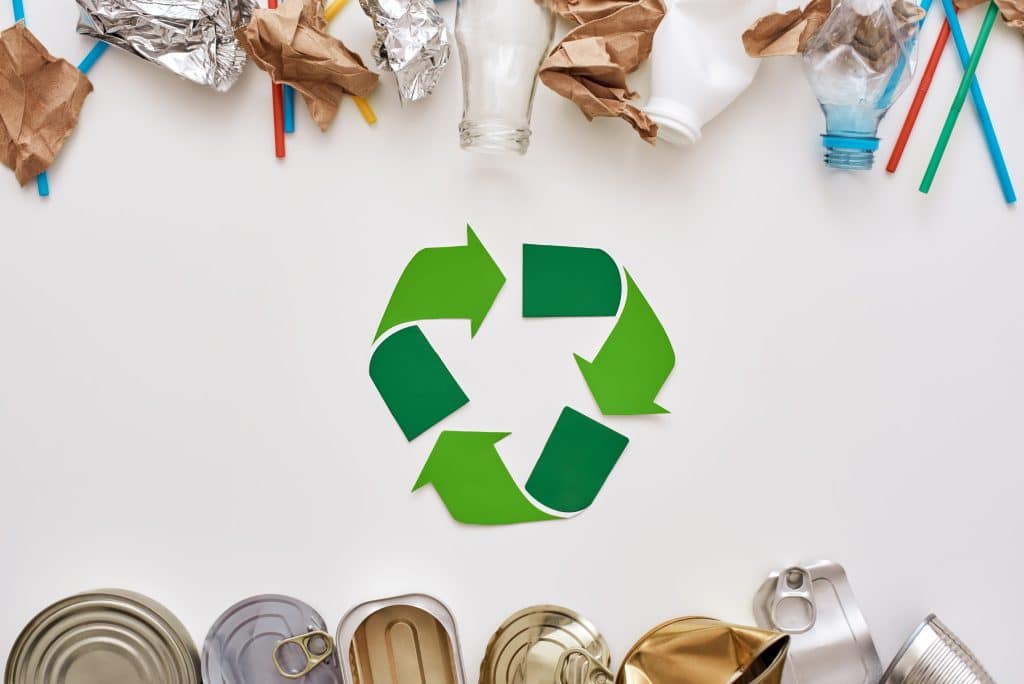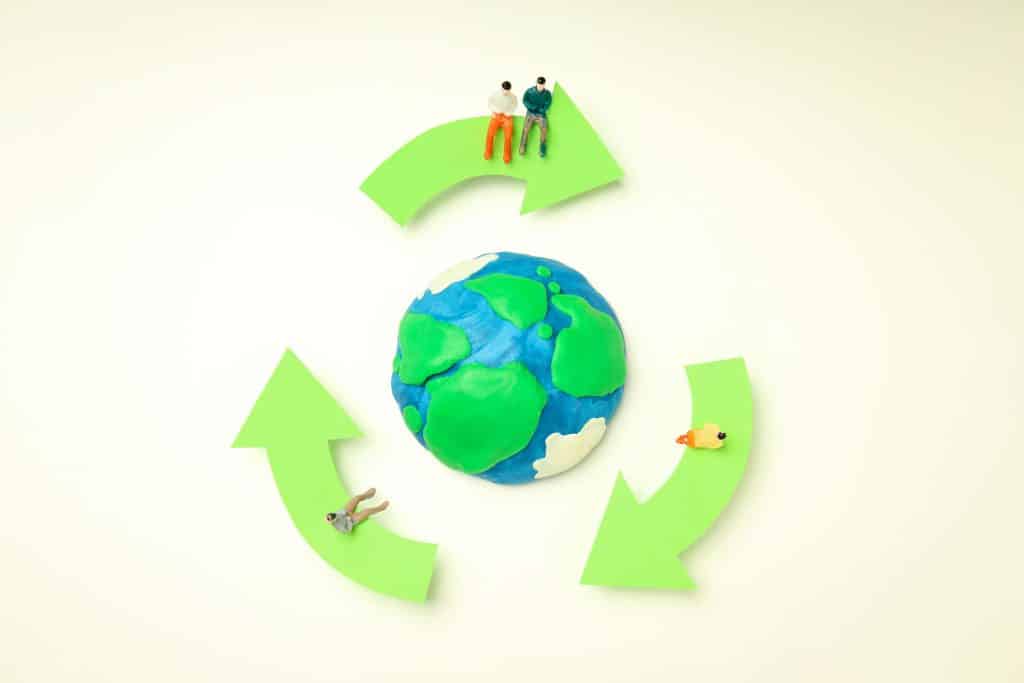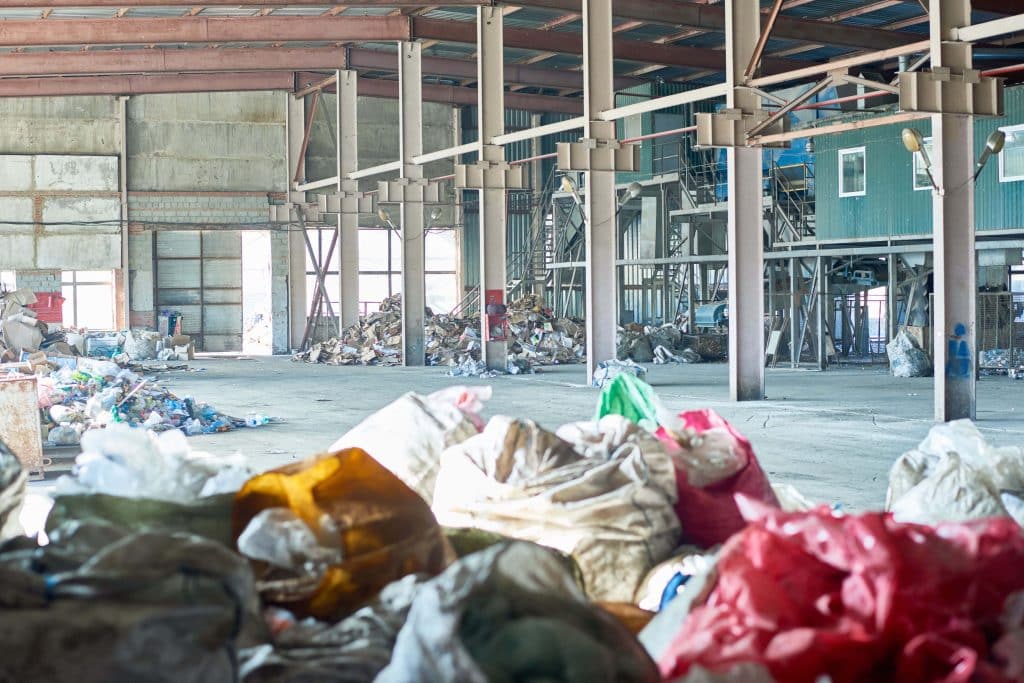Waste & material traceability solution for sustainable facilities

The European Union is not just turning a page on the linear economy; it is accelerating a digital revolution with the introduction of Digital Product Passports (DPPs). As companies find themselves standing before this new regulatory frontier, one truth echoes across all industries: the days of opaque product lifecycles are over.
But what are these new instruments? What do we need to know about DPPs? Imagine it as the product’s DNA sequence and its comprehensive medical record combined, a catalog that follows the goods based on data for compliance and circularity. How will this digital fellow of sustainability reshape the way businesses track their products? It’s time to find out.
DPPs aren’t just paperwork; they’re like giving every single product a super-smart digital ID card that anyone can check instantly.

Think of them this way: instead of a vague paper tag, DPPs are the product’s life story in a QR code. It’s the digital birth certificate that showcases exactly where it came from, what it’s made of, how to fix it, and the best way to recycle it when it’s totally worn out. They stay with the product from the moment it’s created until it hits the trash or the recycler.
Eventually, this system is the ultimate fact-checker for consumers. They are the transparent pane of glass between different stakeholders, such as consumers, recyclers, and the company, showing reliable data. Every product gets a unique digital signature, like a Social Security number, linking all the critical information, safety warnings, user manuals, and instructions on how to properly dispose of those tricky parts. For companies, they act as crystal balls, letting them see risks like fraud or environmental issues long before they become a problem.

European policymakers recognize that achieving circularity requires visibility. Without knowing what materials are in products, where they came from, and how they can be recovered, the circular economy remains in a theoretical dimension.
DPPs solve this fundamental challenge by creating a standardized way to track and share product information across the entire value chain.
The regulation targets explicitly sectors with high environmental impact, including textiles, electronics, and construction materials. For waste management companies, this represents both an opportunity and a challenge. Suddenly, the materials they handle come with detailed digital documentation about composition, hazardous substances, and optimal processing methods. Then, what is the roadmap for achieving and maintaining this new level of compliance?

While DPPs promise better waste traceability, implementing them presents significant operational hurdles. Companies must now capture and maintain detailed product data throughout complex supply chains, often involving dozens of suppliers across multiple countries.
Consider a smartphone manufacturer: they need to track components from battery suppliers in Asia, rare earth minerals from Africa, and assembly processes in Europe! Each component’s DPP must be accurately compiled into the final product’s passport, creating a web of interdependent data relationships that must remain accurate and accessible for years.
Unfortunately, many businesses underestimate the infrastructural demands. DPPs aren’t just about data collection; they require strong systems and pipelines for data validation, secure exchange protocols, and integration with existing enterprise systems. The technical complexity often catches companies off guard, leading to rushed implementations that fail to deliver promised benefits. Without mastering this river of verified product intelligence, no company can successfully transform waste management operations.

For waste management and recycling companies, DPPs represent the need for proactive material handling. Instead of relying on visual inspection or basic sorting technologies, facilities can access detailed composition data for incoming materials.
Consequently, this transformation enables precision recycling, knowing exactly which materials can be recovered, which require special handling, and which contain valuable components worth extracting. Waste processors can optimize operations, reduce contamination, and achieve higher recovery rates by leveraging DPP data to inform processing decisions.
The impact extends beyond operational efficiency. DPPs enable waste companies to provide unprecedented transparency to their clients, demonstrating exactly how materials were processed, what was recovered, and where recycled content was channeled. This level of documentation becomes crucial for companies trying to meet their own circular economy commitments.
Now, we have thoroughly covered the critical, yet intricate and technology-heavy nature of DPPs. Now, let’s step out of the shadows and into the spotlight of the solution: Meet Evreka, the shining star ready to guide you through challenges in the way!

Evreka is the vital link that transforms theoretical sustainability into a measurable, auditable reality for DPPs. We deliver the real-world evidence needed to create the most complete and credible DPPs by ensuring an unbroken chain of custody from the moment a product is discarded to its material recovery.
Acting as a data enabler, we inject verifiable, ground-level insights that dramatically strengthen DPP entries and add true transparency to the entire material cascade.
Namely, Product Passport providers need access to verified, operational data streams that reveal not just where a product ends its first life, but also precisely how its materials continue on their journey. This is the essential part required to move beyond theoretical circularity and into fact-based reporting.
Whether you manage product identity upstream in ERP/PLM systems or support manufacturers facing compliance deadlines, our systems provide the verifiable field data that links product origin to its recovery fate. For manufacturers needing traceability for compliance, our platform provides verifiable field data that links product origin to its recovery fate. We support DPP readiness by providing:
Our WasteDashboard and Evreka360 platforms are designed to digitalize field operations fully, seamlessly integrate supplier and facility data, and provide traceability down to the batch level. This ensures every product passport reflects genuine, operational outcomes, effectively closing the intelligence gap between upstream product data and downstream waste results, a feature critical for robust reporting across DPP, CSRD, and other regulatory frameworks, such as Product Environmental Footprint.

The Product Environmental Footprint (PEF) measures a product’s total environmental impact across 16 categories. Yet most organizations struggle with accurate waste and recovery data, the weakest link in lifecycle reporting.
Evreka platforms, like WasteDashboard, make PEF compliance practical by:
With Evreka, companies can turn complex waste streams into verified, audit-ready data, strengthening DPP entries and PEF reporting.

We enable stakeholders to shatter the old, reactive model of waste management, equipping them with the intelligence needed for proactive control. With our verified DPP data serving as an operational compass, facilities gain the power to fine-tune recycling, reduce contamination rates, and capture maximum value from recovered materials, all while delivering clients the complete transparency they demand regarding processing and material movement.
Let’s quickly examine the practical use cases:

Our structured approach ensures seamless DPP adoption:
This allows companies to achieve operational excellence, regulatory compliance, and measurable circular value creation.
Simply put, Evreka is the circular intelligence hub that turns end-of-life realities into strategic profitability. The transformation of EU waste traceability via DPPs and PEF reporting is a wave, not a ripple. Those who act immediately gain an unmatched start in operational excellence and market competition.
Request a demo today to see how Evreka helps!